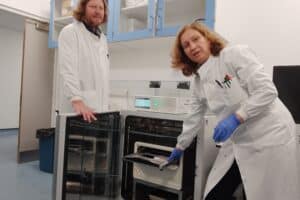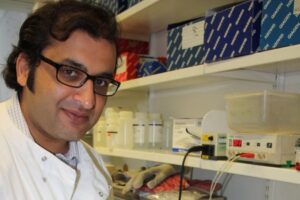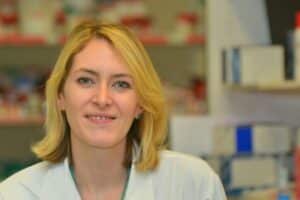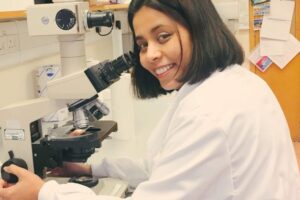Research
Preserving fertility for boys treated for cancer before puberty
One of the major long-term effects for boys needing cancer treatment before puberty is infertility. This project is looking for a way to establish a clinical service for restoring fertility in adulthood by preserving testis tissue taken from boys before treatment.
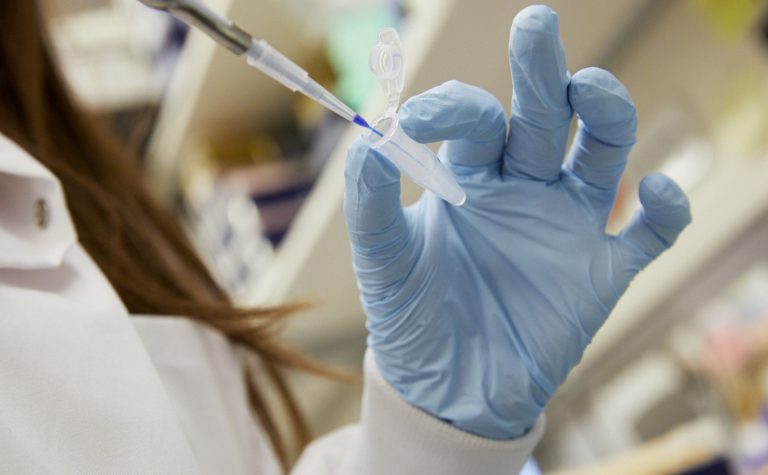
Project Details
- Fertility preservation in pre-pubertal boys treated for cancer during childhood
- Lead Researcher
- Dr Rod Mitchell
- Research Centre
- University of Edinburgh
- City & Institution Postcode
- Edinburgh EH16 4TJ
- Start Date
- 11 January 2016
- Project Duration
- 42 months
- Grant Amount
- £249,435
Overview
Survival rates for childhood cancer have increased dramatically over recent decades due to improved treatments, so long-term effects of cancer treatment, like infertility, are becoming more important. For adults with cancer there is the possibility of storing sperm, but boys don’t make sperm until after puberty. One of several cell types in the testicle can be damaged, and understanding how this occurs is important for developing new treatments to preserve or restore fertility. Most studies investigating the effects of chemotherapy on the testicle are performed in adults, with very few involving children. But we can’t assume that the effects of treatment are the same in children. In this project, Dr Mitchell and colleagues will establish a clinical service to store testicular tissue from boys with cancer at high risk of infertility. The tissue will be taken before treatment and stored until adulthood, so that it could be used to enable them to have children.
What difference will this project make?
This project will offer short- and long-term benefits to the children involved in the study as well as benefitting future children diagnosed with cancer. Dr Mitchell’s team are the first in the UK to offer the possibility of storing testicular tissue from boys with cancer, and will offer the service to boys whose treatment puts them at high risk of future infertility. The tissue will be available to them throughout adulthood, and this research will also be developing the techniques to provide the potential long-term benefit of restoring their fertility. Equally important, by studying how chemotherapy damages the testicle and causes infertility, the team will contribute to efforts to modify cancer treatments to reduce the risk of infertility for children diagnosed in the future. This will also enable teams to develop treatments that could help protect the testicles from chemotherapy-induced damage.
About the Research Team
Edinburgh leads fertility preservation in the UK. The team consists of Rod Mitchell, Clinical Research Fellow at the Centre for Reproductive Health, Hamish Wallace, Consultant Paediatric Oncologist, Edinburgh Royal Hospital for Sick Children, Richard Anderson, Professor of Clinical Reproductive Science at the University of Edinburgh and Norah Spears, Professor of Reproductive Physiology, University of Edinburgh. This group in Edinburgh are uniquely experienced and they’ve established the only centre in the UK with a combined clinical service and research programme.
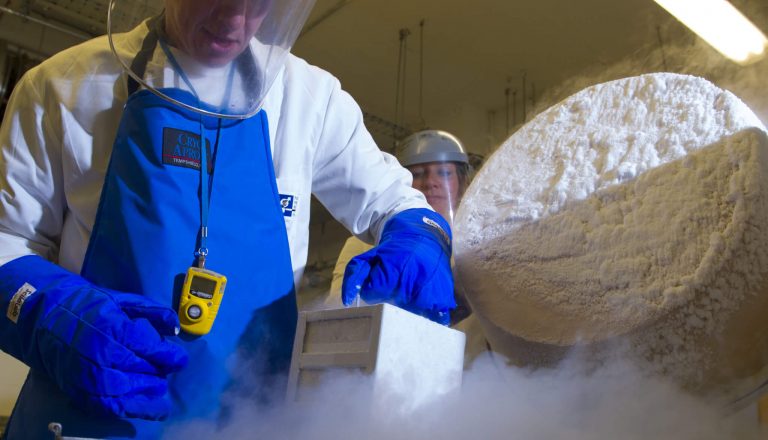
Other stories
We have lots of information to help you learn more about childhood cancer. From specific cancer types, to treatments and causes.

